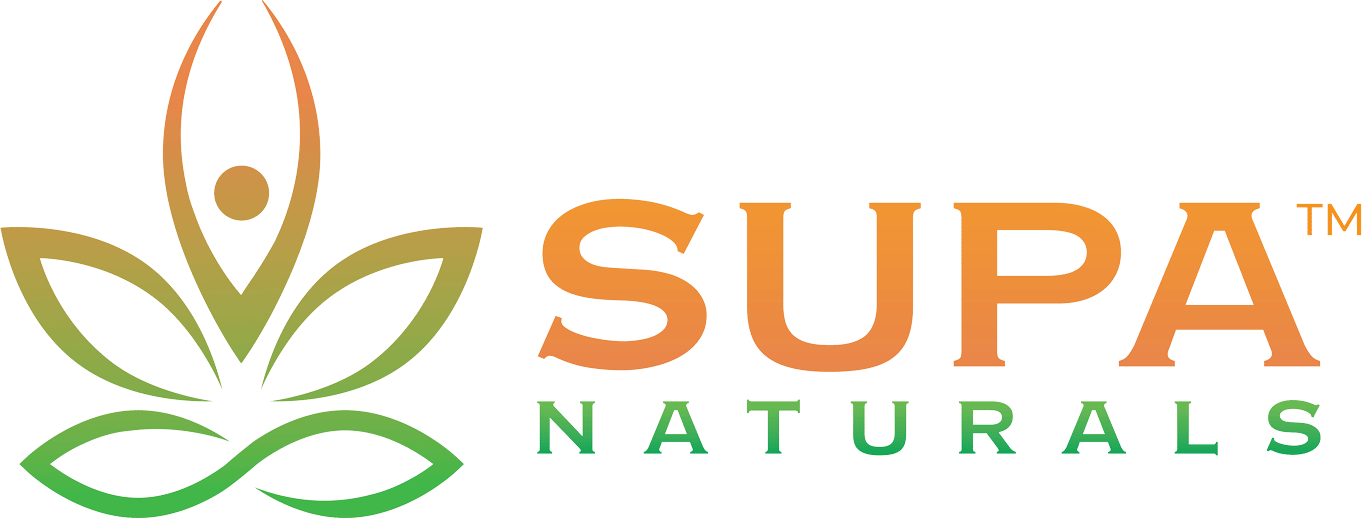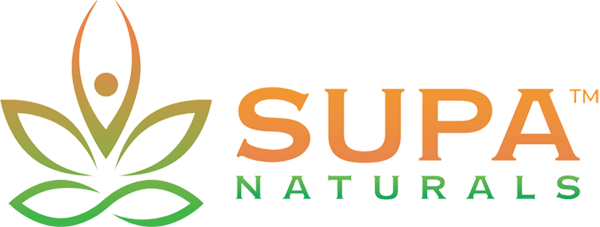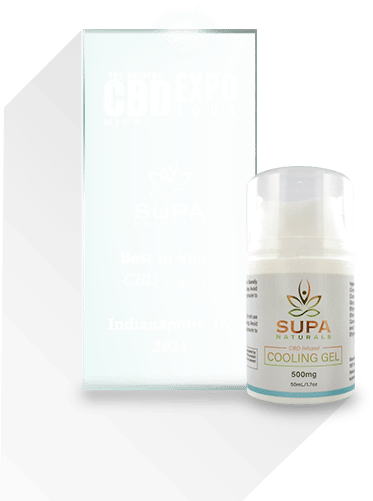THC vs CBD: Differences, Properties, and Effects
Summary
Essentially, THC is what makes people feel high or euphoric, whereas CBD is a non-psychoactive compound. Both are popular due to their various medical benefits. THC and CBD are closely related, but the chemical structures and effects differ.
With that in mind, what is the complete difference between THC vs CBD? Is one more legal than the other? What are all the medical benefits they offer? How do you use them? Keep reading to find out.
THC and CBD Across The Globe
Most people associate CBD with the word “marijuana,” even though CBD does not cause the same psychoactive effects. People connect the two words because cannabidiol (CBD) and tetrahydrocannabinol (THC) are the main cannabinoids in cannabis plants. The differences between THC vs CBD are a hot topic with its legalization in many states and increasing numbers of people using CBD products. CBD and THC’s potential ability to aid with various conditions is a widely discussed topic, but one thing that tends to trip up even the most experienced consumers is how they differ.
The topic of cannabis conjures up a lot of emotions and opinions within people across the globe. However, two specific strains are becoming legal in many areas thanks to their therapeutic applications. This means the topic of THC vs CBD is more relevant than ever before.
Cannabidiol (CBD) and tetrahydrocannabinol (THC) are two cannabinoids that have been the main focus of medical research in recent years. THC is well known for its psychoactive effects, and CBD is becoming better known for its therapeutic effects. While both these cannabinoids come from the same plant, they differ in chemical composition, properties, effects, and legal status.
The popularity and ever-growing legalization of these two cannabinoids have created a higher demand for CBD and THC products. Now that a significant number of people are becoming more aware of the benefits they provide, there are also more questions.
What’s the Difference Between THC and CBD?
The cannabis plant is an incredibly diverse organism that produces various chemical compounds, collectively known as cannabinoids. In fact, the cannabis plant contains more than 100 different cannabinoids. Among that large number, THC and CBD are two of the most prolific and representative.
THC and CBD exist in nearly every part of the cannabis plant, including flowers, leaves, stems, seeds, and oil. They are typically present at the same levels in most varieties of marijuana. However, hemp has low levels of THC and high levels of CBD due to solely being grown for CBD oil and fiber.
The Chemical Structure of THC vs CBD
CBD and THC both have a similar chemical formula, with each containing 21 carbon atoms, 30 hydrogen atoms, and two oxygen atoms. The comparable properties, however, produce different results.
The difference between CBD and THC is in how each interacts with the body’s endocannabinoid system (ECS).
The active compounds called cannabinoids bind with specific receptors in your brain and throughout your body. These receptors fall into two broad categories: CB1 receptors and CB2 receptors. THC directly binds to these cannabinoid receptors. CBD indirectly activates them through other chemical pathways.
How Do THC and CBD React with the Endocannabinoid System?
The endocannabinoid system (ECS) is a series of cell receptor proteins that respond to chemical compounds by regulating mood, memory, immune system, and other bodily functions. This system plays an essential role in maintaining balance within the body.
THC activates some cannabinoid receptors by binding to a receptor and producing biological responses. When you consume THC, your ECS produces the effects you’d expect:
- Euphoria
- Relaxation
- Pain relief
In contrast, CBD prevents certain receptors from activating. When CBD enters the body’s ECS, it stimulates the CB1 receptor, which helps with:
- Anxiety disorders
- Depression
- Nausea
- Sleep
To put it simply, THC causes a psychoactive “high,” while CBD increases feelings of calmness and well-being. These are some reasons why people take medical marijuana for conditions like chronic pain or CBD remedies for anxiety disorders.
Medical Benefits of CBD and THC

THC is the cannabinoid responsible for the high one feels after smoking or eating cannabis. However, it also has analgesic and anti-inflammatory effects that aid in treating nausea and vomiting. On the other hand, CBD is a non-psychoactive drug that can help reduce pain, inflammation, anxiety, and depression.
A lot of progress is happening in the treatment of rare forms of epilepsy as well. The FDA approved Epidiolex in 2018—the first prescription medication to contain CBD. Many more studies and researchers are discovering new ways to utilize this cannabinoid.
By using either THC or CBD, you will experience a wide variety of benefits. Understanding their differences will help you better understand what each one can do.
Many people use CBD to:
- Lower anxiety and stress
- Reduce insomnia and sleep disorders
- Combat psychosis disorders like schizophrenia
- Reduce seizures and convulsions
- Balance mood disorders such as anxiety, depression, and bipolar disorder
- Fight inflammation and neurodegenerative disorders
THC may help with issues such as these:
- Low appetite due to certain medications or disorders
- Insomnia and other sleep-related issues
- Nerve pain and muscle spasticity
- Pain in cancer patients suffering from chemotherapy-induced nausea and vomiting.
- Symptoms associated with glaucoma
Are There Side Effects?
Health professionals agree that, more often than not, prescription drugs are necessary. Many people suffer from debilitating conditions that require medication, and many others have found that prescription medications effectively treat their ailments. However, the undesirable side effects of prescription medication have people looking elsewhere for solutions.
Patients with conditions such as multiple sclerosis, arthritis, and even chronic pain are realizing how beneficial CBD oils can be. While research shows THC and CBD result in fewer adverse side effects than some prescription drugs, it is important to remember that everyone reacts differently to new substances. Avoid attempting to diagnose or treat problems with CBD and THC without proper research.
Always consult your medical provider or trusted CBD expert before trying something new.
Why Do the Content Levels Matter in THC vs CBD?
Most people wonder about the content levels in the many forms of CBD and THC available on the market, from tinctures to vape pens and edibles. Because CBD and THC are two different compounds that come from the same plant, THC is commonly related to how “potent” a particular CBD oil is. But this is not exactly accurate.
THC is just one substance in marijuana. There are more than 400 chemicals within the cannabis plant, and those chemicals can impact body systems. Take into consideration the different impacts of THC vs CBD if drug testing is a concern.
How CBD and THC Affect Drug Tests Differently
Most drug tests only check for the presence of THC, not CBD.
THC is a fat-soluble substance, allowing it to stay in the body’s fat cells. These compounds can remain in your system for a long time—days or even weeks after ingestion. Because of this, someone can fail a drug test even if they have not consumed any THC or even used cannabis at all recently.
This process can be problematic for patients with high-CBD strains, who may pass THC drug tests while failing the less sensitive CBD tests.
Different Ways to Take CBD and THC

There are many ways to ingest cannabinoids, from vaping to eating or even rubbing them on your skin. Due to the many forms of CBD and THC, popularity for medical and recreational use is increasing. There are many common ways to take each one.
Methods of Taking CBD
- Topicals – CBD topicals are applied directly to the skin, usually to treat pain, inflammation, and muscle spasms, among other conditions. Topicals work by infusing and absorbing cannabinoids into the skin to offer relief in a localized area of your body. For example, if you have joint pain in your knee, you might want to apply SUPA Naturals CBD Cooling Gel onto your knee.
- Edibles – If you’re looking for a discreet way of consuming your CBD, then edibles like SUPA Naturals THC-free CBD Gummies are perfect for you. The effects of edibles can last anywhere between two and four hours, depending on the edible you choose. CBD capsules, such as SUPA Naturals CBD Soft Gels, are a popular alternative to edibles.
- Tinctures – CBD tinctures are herbal extracts infused in alcohol, which you can take sublingually (under your tongue) or orally. Tinctures have different potency levels, allowing you to pick the right product with suitable potency for your condition, such as SUPA Naturals Full Spectrum CBD Oil. Furthermore, most CBD tincture products can offer you relief that will last for up to eight hours.
Methods of taking THC are quite similar to CBD ingesting methods. Many THC users also choose to consume these products through smoking, edibles, tinctures, and capsules. Since some of these products can appear very similar, it is crucial to read the ingredients carefully before making a purchase.
The Legality of THC vs CBD
Cannabis is becoming a more mainstream topic with the legalization of marijuana rapidly changing around the world.
In the United States, several states have legalized marijuana for both recreational and medicinal use. Hemp no longer falls under the Controlled Substances Act due to the Farm Bill passed in 2018 that legalized it. However, United States federal law still classifies CBD as a Schedule I drug.
Because many states have legalized the medical and recreational use of cannabis and THC, you should be able to buy and consume CBD in those areas. Despite the growing legalization of THC, it still remains illegal per federal law. When purchasing THC or CBD, it is always best to check local laws beforehand.
Find Trusted Sources
Comparing THC vs CBD helps identify the wide array of benefits the cannabis plant offers. Both compounds provide a wide range of possibilities and might effectively help with many of the same symptoms, such as pain and nausea. However, CBD and THC have specific properties and use cases that make them more suitable for some situations than others. There are many sources of THC and CBD, so be sure to choose a reputable provider for your CBD products.
Today, it is easier to obtain both substances from various places. The growing popularity of the soothing effects of CBD provides even more abundant purchasing options. That is why SUPA Naturals offers a wide range of life-changing CBD products to enable you to lead your best life. Reach out with any CBD-related questions to find the SUPA Naturals products perfect for you.
Frequently Asked Questions

How much CBD should I start taking?
Because CBD is not yet a federally approved substance, doctors cannot prescribe it for you. The best way to find the right dosage is through careful experimentation. Start with one dose on the low end of the scale, then increase as needed. It’s also important to remember that “more” is not always better when it comes to CBD oil.
Where does CBD come from?
CBD is from both the hemp plant (Cannabis Sativa) and the marijuana plant (Cannabis Indica), but it is usually derived from hemp since hemp has no psychoactive properties. Moreover, hemp crops are legal throughout most of the world because they contain little to no THC, which means they can be grown in many more locations without breaking any laws.
What CBD product should I try first?
If you are new to CBD, it can seem like there are a million products out there, making it hard to know where to start. Some of the most popular ones are tinctures, oils, and edibles. SUPA Naturals offers a broad spectrum of options and suggestions to begin your CBD journey.
What are the different types of CBD oil?
Full-spectrum – This type of oil contains all cannabinoids naturally found in the raw plant material, including THC.
Broad-spectrum CBD oils – These are essentially full-spectrum CBD oils that contain no THC.
Isolate – This is pure cannabidiol and does not contain other cannabinoids found in the plant such as THC or cannabigerol (CBG).






